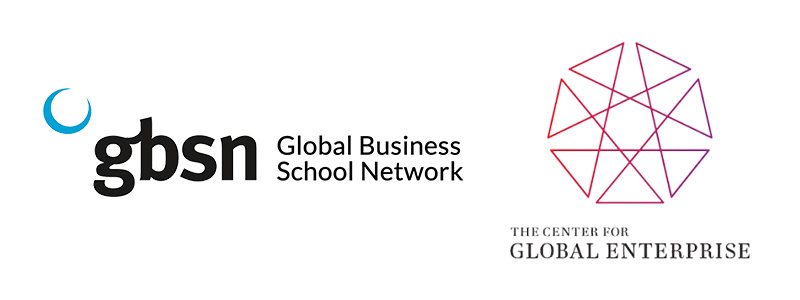The Global Business School Network in partnership with the Center for Global Enterprise recently brought together a group of experts and academics to speak on management skills gap in Africa.
Lagos Business School is a member of the Global Business School Network (GBSN), a nonprofit organisation that partners with business schools, industry, foundations and aid agencies to improve access to quality, locally relevant management education for the developing world. GBSN has over Seventy (70) member schools which demonstrate a commitment to improving access to quality, locally relevant business education.
Founder & CEO of the Global Business School Network, Guy Pfeffermann noted the high unemployment rate in Africa which is evident by the existence of two organisations: National Association of Unemployed Graduates in Nigeria and the Unemployed Graduates Association of Ghana. He stated that the high unemployment rate in Sub-Sahara Africa is as a result of the disconnect between higher education programs and employer expectations as employers are in search of soft skills, socio-emotional skills and practical work experience. “Employers are looking especially for “soft skills” and practical work experience. “Socio-emotional” skills are especially important. Specifically, five skills are most likely to increase chances of success in finding employment: social skills, communications and higher-order thinking skills, all supported by the interpersonal skills of self-control and positive self-concept”.
He further noted the need for educational institutions to adopt the experiential learning experience approach as experiential learning is of paramount importance in bridging the gap between Schools and employers.” Experiential learning is key to bridging the gap, an insight that is driving a number of GBSN initiatives including the upcoming Action-based Curriculum Training (ACT) program pilot. Experiential learning encompasses internships, teaching cases and other learner-centered pedagogies, student consulting projects, as well as design thinking. CGE is also exploring ways to make learning experiential and accessible outside of the traditional academic environment” he said.
Sharing the Lagos Business School history and approach, Dr David-West presented the educator perspective on efforts to address the management skills gap in Nigeria. She emphasized the importance and relevance of institutions owning sufficient physical and human resources. In addition, she provided background on some LBS successes such as pedagogy; that focused on the development of analytical and problem-solving skills, guided by ethical principles with emphasis on soft skills, emotional intelligence and an entrepreneurial mindset. Whilst acknowledging the reach of low-touch online learning methods, she stressed the importance of blending face-to-face with online techniques, especially for longer degree and executive Programmes.
“The paucity of infrastructure and other basic resources makes doing business in Africa somewhat different and in need of skills beyond the technical and analytical. African managers need high levels of socio-emotional capabilities that heighten their street sense and ability to execute.” David-West concluded.




